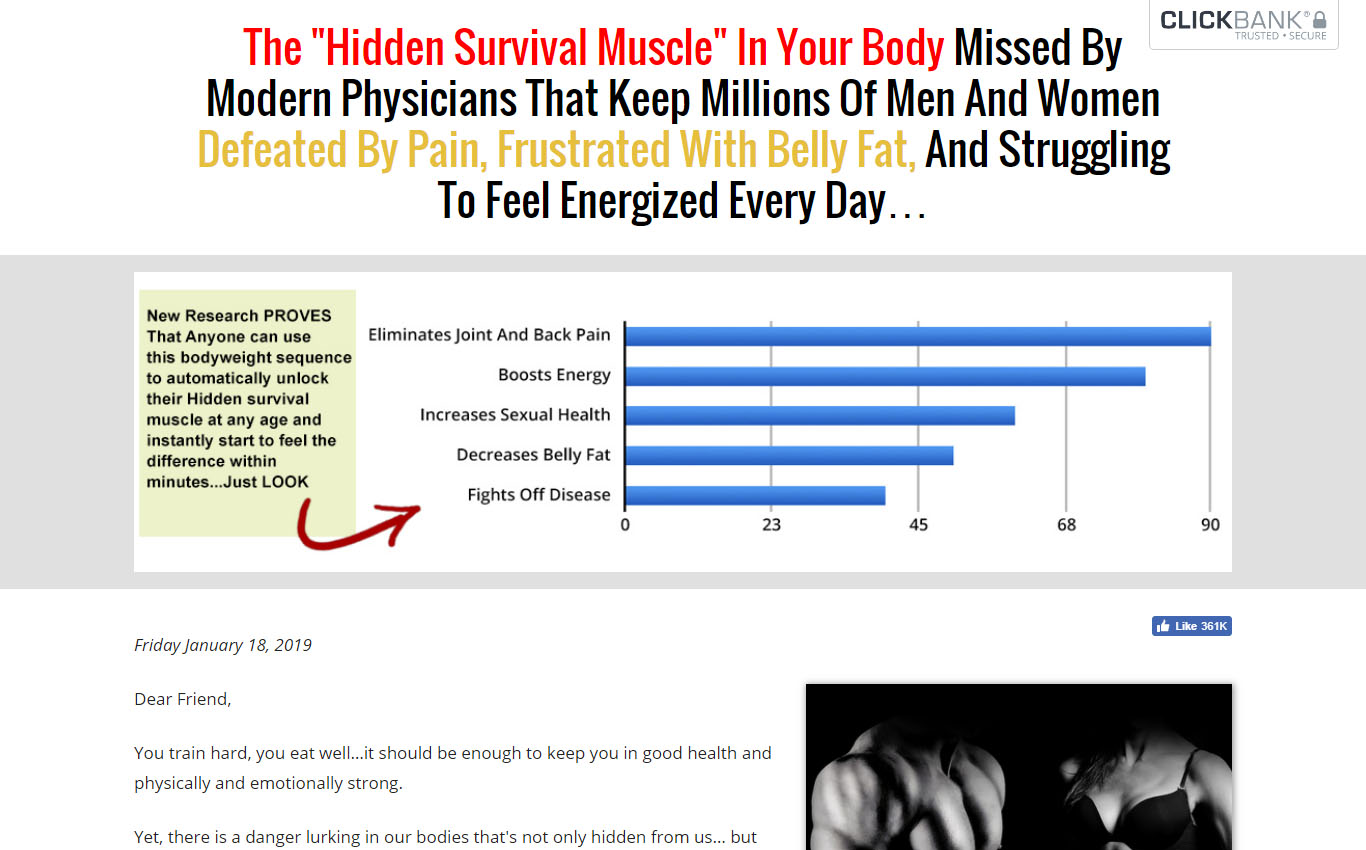"As compared to a conventional deadlift, the sumo allows for greater recruitment of the adductors and a more stabilizing emphasis for the abductors," says Lindsey Cormack, a competitive powerlifter and CrossFit trainer. "Training sumo may feel less stable at first, but the balance requirement is what allows you to effectively train both the abductors and adductors."
Our Keep-It™ guarantee is valid for the first-time purchase of a formula, and redeemable up to three months (90 days) after the purchase date. Multiple bottles, foods, apparel and gear do not fall under this guarantee, however, they may be applicable for return. Fitness equipment, personal care products, knowledge purchases, and DVDs are not eligible for return or refund. For more information and a full list of products that qualify, visit our Keep-It™ page. Further details can be found on our Refund Policy support page.

If low back pain gets worse or does not improve after two to three days of home treatment, contact a primary-care physician. The physician can evaluate the patient and perform a neurological exam in the office to determine which nerve root is being irritated, as well as rule out other serious medical conditions. If there are clear signs that the nerve root is being compressed, a physician can prescribe medications to relieve the pain, swelling and irritation; he or she also may recommend limitation of activities. If these treatment options do not provide relief within two weeks, it may be time to consider other diagnostic studies and possibly surgery.


